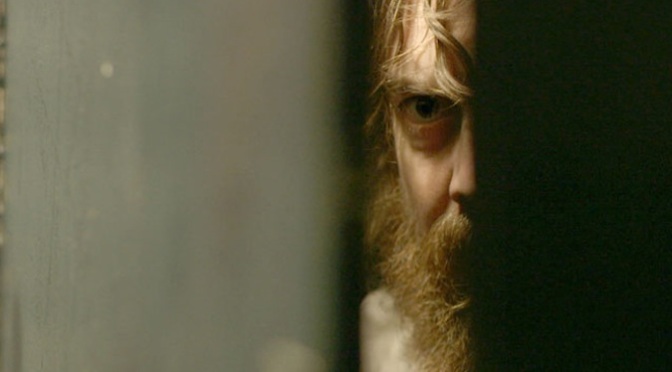As we ventured in our review of last week’s pilot episode “The Western Book of the Dead“, the structure of the second season does indeed come into slightly sharper focus in the second hour “Night Finds You”. This installment echoed some of the weaker points of the previous one, including a whole lot of exposition and a whole lot of angsty brooding. And what’s up with the melancholy bar singer? How about a hosting a karaoke night instead? Or bring in Figrin D’an and the Modal Nodes, liven the place up a bit. Velcoro and Semyon could be use some groove. Spoilers follow for the second episode “Night Finds You”.
Aside from all of that, there were a handful of exciting things that occurred in the second hour. Some of these things were pure True Detective. I suppose I never quite realized how much of the first season took place in a moving vehicle, but it felt fitting to see Colin Farrell’s Ray Velcoro and Rachel McAdams’s Ani Bezzerides exchange trailer-worthy capsule philosophies as they traversed the post-industrial Vinci (His: “My strong suspicion is we get the world we deserve”; Hers: “I don’t distinguish between good and bad habits”). The starting point of their relationship is characterized by mistrust and conscious deception, as both are informed about the other during individual briefings at the start of the episode. Ani learns that Ray is rumored to be a bent cop, while Ray is more or less tasked with seeing that the investigation goes nowhere. The pair use the car ride to “get to know each other”, which in True Detective means testing the other for weak spots, for betrayals, and eventually for a point on which an alliance might be formed.










